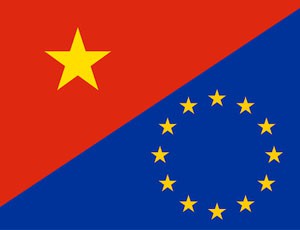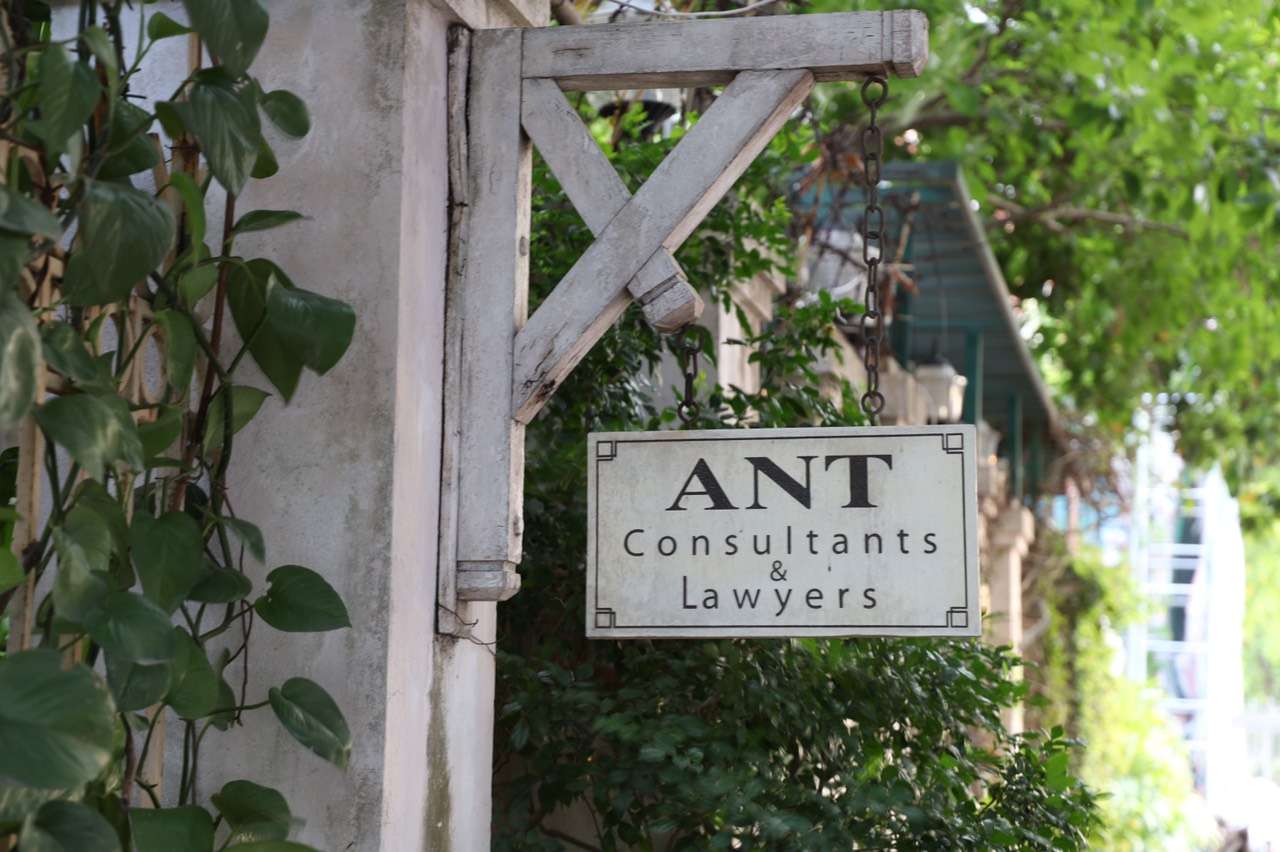It is easy to see that 2015 was a very active year of Vietnam’s retail market, especially in merger and acquisition (M&A), association and joint venture activities… both in manufacturing and trading of retail businesses such as Kinh Do, Citimart, Metro and Nguyen Kim.
According to Euromonitor International – a market research firm, the retail sales in Asia – Pacific was about 4,000 billion USD in 2012 then the top 500 leading retailers accounted for 1,000 billion USD, representing for 24% of total sales. Vietnam retail market is considered attractive and high potential despite the world economy remains difficult.
In 2014, most of the domestic businesses tend to cluster and maintaining position, except some large enterprises like Co.opmart and Saigon Trading Corp (Satra). Even a few enterprises withdrew locations like Fivimart withdrew all locations in the South or Intimex, Hapro also withdrew some locations in the North. This was intended to reinforce the quality of the business and rebranding. Excepting for Satra and Co.opmart still have more new locations this year. Currently, Saigon Co.opmart has presented on 71 locations including 29 supermarkets in Ho Chi Minh City (HCMC) and expanded to 42 nationwide supermarkets, along with around 100 Co-op Food convenience stores.
According to the experts, the retail market of Vietnam is shifting from the model of mature market to postmodern market. The market is gradually concentrated and the number of companies decreased. Some large retailers failed, saturated real estate market. The model of hype supercenters dominates the retail industry in the postmodern period. At the end of the growth period will be an important change in the retail market for both retailers and suppliers.
Retailers seek future growth because there is no retail channel dominates the growth. Part of the development of hypermarkets in the mature phase will focus on the discount channel. According to the trend, the discount channel continues to grow in the postmodern period. Currently and in the coming time, retailers will frequently launch discount programs and deals to attract customers.
The factors that impact the global distribution market are the speed of technological change, change in demographics, buying behavior requires lasting communication connection and knowledge-based purchases. Therefore, retailers must take care of customers regularly with the best service.
As for foreign companies, except Walmart corporation (USA) is in the exploratory stage, most of the major corporations in the world have joined the Vietnam retail market such as Lotte, Big C, Metro, Parkson , Aeon… Foreign enterprises are entering Vietnam market by many different ways: joint venture, association, cooperative transfer location.
Vietnam retail market is very potential. Currently, Vietnam has more than 90 million people, in which the young population accounts for more than half. The average GDP of this country is approximately 2,000 USD / person. In the future, this figure will increase and that will be a prerequisite for the development of Vietnam retail industry, especially modern retail. According to statistics of the Ministry of Industry and Trade, the market share of modern retail in Vietnam makes up only 25% of total retail sales. The whole country has about 724 supermarkets and 132 shopping centers. Moreover, the number of truly convenience store, which is branded and operated in store chain, is just hundreds stores. Most supermarkets and shopping centers concentrated in major cities and urban areas. In rural areas and suburbs, they are virtually absent from the retail system, they are major distribute in installments. Therefore, the market share of modern retail market of Vietnam is still quite a lot.
However, this market will have fierce competition between domestic and foreign enterprises. Foreign investors are not only penetrating into Vietnam by the ways of joint ventures in the distribution chain right from production process. For example, C.P Company, which is belong to C.P Group (Thailand) is accounting for 50% market share of eggs, 30% market share of chicken, 7% market share of animal feed in Vietnam. Hence, foreign companies are holding a supply chain from production to distribution. Besides, foreign companies are mostly big enterprises that have advantages in capital and experiences. They have good strategies and that will be the biggest challenges for domestic businesses on the path to affirm its position.
2015 and the coming years, Vietnam retail market will continue to be active and witnessing fierce competition among enterprises, particularly between foreign and domestic firms. We will continue to witness the landing of foreign enterprises in Vietnam market such as: Aeon Japan with the Aeon Mall Him Lam project in Sai Dong, Long Bien; the Lotte Group plans to open 60 locations (now have 9 locations). The domestic businesses are making plans to expand the distribution points not only in the city center but also the suburban areas such as Citimart has extended an additional 70 locations with scale from 1,000 to 2,000 m2 / location in the coming time…
2015 is also a year full of opportunities and challenges for the retail sector of Vietnam. From the date of November 1st 2015, Vietnam allows the establishment of 100% foreign investment capital retail companies under Vietnam’s commitments upon WTO accession. Besides, 2015 is year that ASEAN economic community (AEC) has officially been established, which allows the flows of resources, goods and human capital… to be freely moving in the area. Moreover, the TPP agreement with 12 participating countries that was signed in 2015. With this agreement, more than 10,000 kinds of goods from the member countries will be completely tariff eliminated. This will cause many difficulties and disadvantages for domestic goods but it is also the motivation for the production and distribution, enhance the competitiveness of enterprises in Vietnam.
According to the survey, the majority of retail brands that selected Vietnam in 2015 on par with Hong Kong, Singapore, even higher than Indonesia and Malaysia. Three big cities that are Hanoi, Ho Chi Minh City and Da Nang belong to the top 10 of the most vibrant retail markets in Asia – Pacific region due to its large and young population, after-tax income growth rapidly, quality retail networks that can attract multinational enterprises.
Vietnam currently has about 8,546 markets, 1 million small shops, 724 supermarkets, 132 trade centers and more than 400 convenience stores. Currently, the rural market with nearly 70% of the population but almost completely overlooked. As planned by 2020, Vietnam would grow up to 1,200 – 1,300 supermarket, 180 trade centers and 157 shopping centers. This suggests that the Vietnam retail market is very attractive for manufacturers, businesses and retailers to penetrate.

























.jpg)
.jpg)


.jpg)
.jpg)
.jpg)

